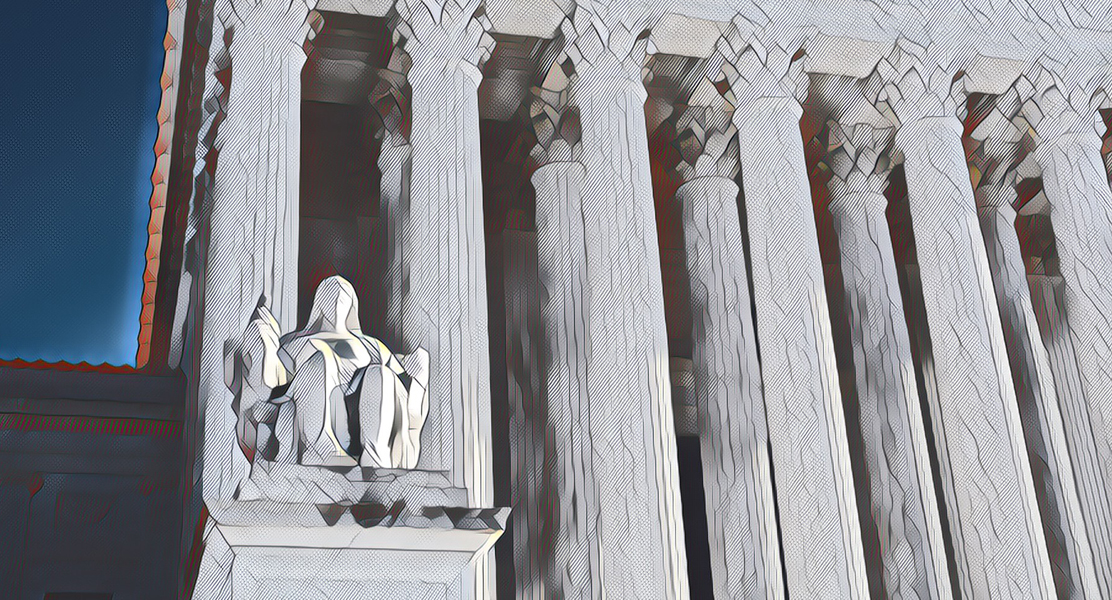U.S. Supreme Court to hear dispute over child placement service refusal on religious grounds, may reconsider pivotal decision

The roiling controversy over religious child placement agencies that are funded by taxpayers but object to providing certain services because of their religious beliefs will get a hearing before the U.S. Supreme Court, which announced this week that it would take up the case of Fulton v. City of Philadelphia. There, the 3rd U.S. Circuit Court of Appeals affirmed a decision by the City of Philadelphia to end a contract with Catholic Social Services (CSS), which provides child placement services, because they would not commit to abiding by the city’s nondiscrimination laws.
A unanimous panel of the 3rd Circuit rejected CSS’ religious liberty claim under the First Amendment. The appeals court referenced the Supreme Court’s precedent in Employment Division v. Smith as support for its First Amendment conclusion:
The City stands on firm ground in requiring its contractors to abide by its non-discrimination policies when administering public services. Under Smith, the First Amendment does not prohibit government regulation of religiously motivated conduct so long as that regulation is not a veiled attempt to suppress disfavored religious beliefs. And while CSS may assert that the City’s actions were not driven by a sincere commitment to equality but rather by antireligious and anti-Catholic bias… the current record does not show religious persecution or bias. Instead it shows so far the City’s good faith in its effort to enforce its laws against discrimination.
In its petition, CSS asked the Supreme Court to reject the test the 3rd Circuit used to determine whether the city’s action is in fact neutral with respect to religion or whether it shows bias or hostility toward religion. Specifically, they claim that courts must consider more evidence than the 3rd Circuit did in reaching the determination. They argue that the First Amendment does not allow the city to condition a municipal contract on their taking action that would conflict with their sincere religious beliefs.
They also argue that the Supreme Court’s 1990 ruling in Smith should be overturned altogether. In Smith, the Court rejected a claim that the Free Exercise Clause required an accommodation from drug regulations for a plaintiff whose sacramental use of peyote was motivated by their religious beliefs. The Court held that laws with a rational purpose can pose an incidental burden on religious exercise so long as they are “neutral” with respect to religion and are “generally applicable.”
Notably, Smith was the motivation behind Congress’ passage of the Religious Freedom Restoration Act (RFRA) which requires actions of the federal government to be not just rational but necessary if they burden religious exercise. BJC was critical of the Smith decision at the time it was issued, and led the coalition that worked to pass RFRA. Since then, advocates and scholars have debated whether Smith was wrongly decided.




